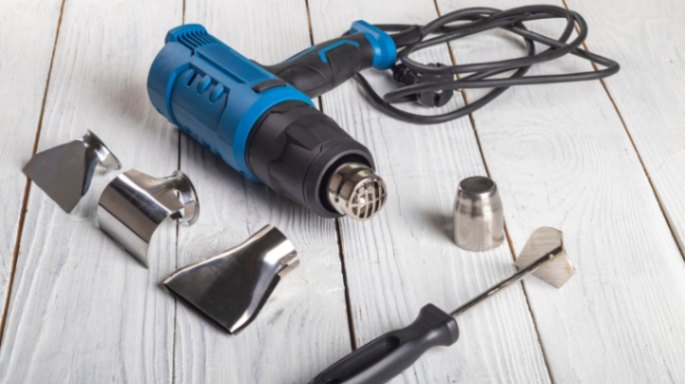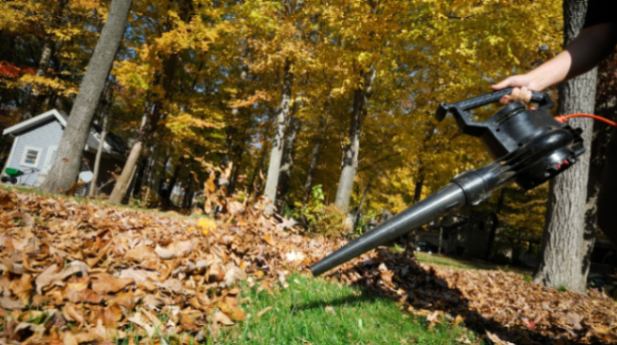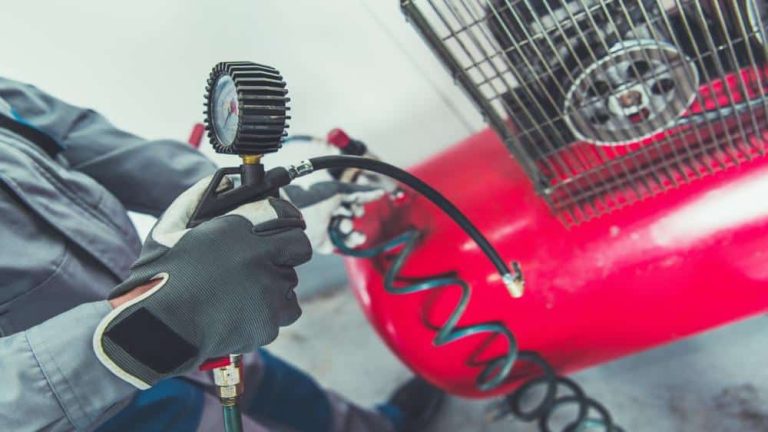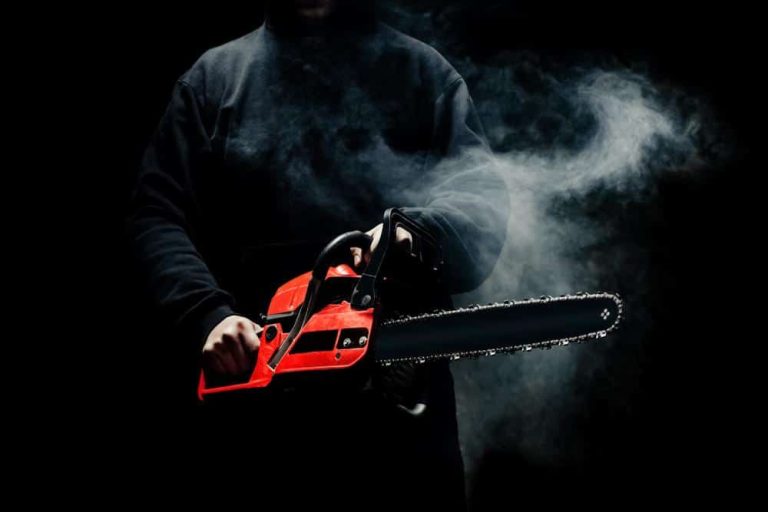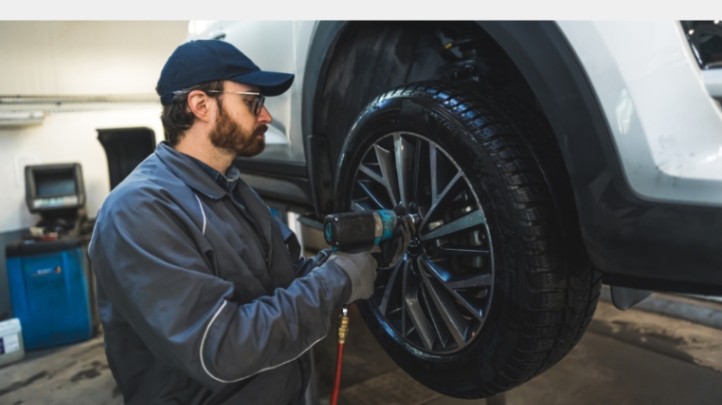The question on every DIYer’s mind is whether or not they can use impact bits in a regular drill. Impact bits are meant to drill swiftly through concrete and other hard materials, but can they take the place of a traditional drill?
Can I use Impact Bits in a Regular Drill? Impact bits are designed to quickly drill into concrete and other hard materials, but can they replace a regular drill?
Perhaps a little explanation of what impact bits are and what they are used for.
Can I Use Impact Driver Bits In A Drill?
Impact bits in a normal drill are quite safe to use. The reason for this is that an affected bit is built to handle more torque. It won’t create any of the issues that a standard drill might.
However, since most impact drills have a hex-headed shaft, check sure the chuck on your standard bit accommodates the impact drill. Let’s start with the distinctions between an impact bit and a standard drill bit.
Impact Driver Bits Vs Regular Bits
The difference between impact drivers and ordinary drills is torque, as we all know. For securing screws, impact drivers have greater force than ordinary drills.
The majority of individuals, however, are unaware of the differences in the bits used by each of these instruments.
Are there any differences between these bits? The answer is a resounding YES.
Since there are some technical differences, I would like to point out that:
Impact-Driver Bits Are More Flexible Than Regular Drill Bits
What does it mean to be ductile? The capacity of a metal to change form repeatedly is referred to as ductility. The impact driver bit rotates at maximum speed and is subjected to a great deal of pressure while securing a screw.
If a standard drill bit is used instead of an impact driver bit, the drill bit will readily shatter since it has a lower ductility.
Impact-driver bits, on the other hand, are more ductile than ordinary drill bits, allowing them to flex without breaking, making them ideal for certain applications.
The Portions Of Impact Drill Bits Are Thin
When you compare the shafts of an impact driver bit with a regular drill bit, you’ll see that the impact driver bit has a thinner shaft.
Excess tension from the bit’s tip is removed and discharged into the narrower shaft, which provides a bigger surface area to disperse the pressure.
As a result of this design, the impact driver bit has a substantially higher torsional strength than a standard drill bit.
As a consequence, the torsional strength of the impact driver bit enables it to spin without breaking, even when the bit is under a lot of stress.
The standard drill bit, on the other hand, is designed (with a bigger shaft) to prevent stress from being released from the bit tip, resulting in lower torsional strength.
As a result, while drilling through resistant materials, the normal drill bit has a larger possibility of breaking.
Various Outcomes
The endpoints of standard and impact driver bits vary significantly. The ends of regular drill bits are frequently rounded. Because they only function with hex bits, this precludes them from being implemented in impact drivers.
However, some standard drill bits include hex ends, allowing them to be used in most impact drivers.
Should normal drill bits be used in impact drivers? No, that is not the case.
Regular drill bits, as previously stated, are not built to endure the stress of the torque generated by an impact driver. As a consequence, normal drill bits with hex ends inserted in impact drivers may easily shatter if not stress-tested, potentially breaking the impact driver.
Impact driver bits, on the other hand, have hexagonal ends. Impact drivers use hexagonal shanks, therefore this design is based on that.
Can You Use Impact Driver Bits In a Regular Drill?
People are perplexed as to which drill bits to use and which drill/driver to pair them with. One of the most typical questions I hear in this situation is: Can I use impact driver bits in a standard drill?
Yeah, yes, It’s really very safe to do so. Allow me to explain: Chucks are included with standard drills and are used to clamp various drill bits. Chucks can accept both hex and rounded-ended drill bits due to their design.
As a result, hex impact driver bits will work with standard drills.
Is It Safer?
Because regular drill bits produce less torque than impact drivers, using impact-driver bits with regular drills is rather safe.
These bits are engineered to survive greater amounts of stress, making them even safer to use with a standard drill.
Using regular drill bits on impact drivers is an example of a distinct scenario. Regular drill bits shatter with regular use on impact drivers because of their design and materials.
What Makes Impact Rated Bits Still Break?
Impact driver pieces, based on what I’ve said thus far, should not break. They do, though.
Impact-driver bits may shatter for a few reasons.
Metal Fatigue
Impact driver bits are more flexible than ordinary drill bits, as previously stated. These pieces have a characteristic that permits them to be more flexible and resist more pressure.
Because they are often used with high-torque impact drivers, this is critical. These pieces, on the other hand, aren’t endlessly adaptable.
They’re restricted by a phenomenon known as metal fatigue. Metal fatigue is what occurs when you keep reshaping a metal until it breaks.
With impact driver bits, this is precisely what occurs. When they’re used repeatedly to secure hundreds of screws, the bit tips gradually deteriorate until they’re no longer functional.
Unfortunately, there are no suggestions for avoiding metal fatigue. It’s an inescapable side effect of working with bits.
Bit Slips
What are bit slips, exactly? When tightening a screw, the bit may sometimes slide off the fastener’s head. Those are a few bit slips.
If this occurs often and the screws are of poor quality, the fastener would be damaged, right? The majority of people are unaware that these “bit slides” also cause harm to the bits themselves.
They do it at a much slower pace, but they do it anyway. The bits may shatter if the bit tips are not properly placed on the fastening heads.
One should choose the right size for a fastener head and apply enough force to avoid slippage.
FREQUENTLY ASKED QUESTIONS (FAQ)
To work through, the drill must be in hammer mode. Otherwise, it will merely spin, and the bit will not drill through the concrete since impact action is required. Fortunately, the hammer drill has a drill mode that allows you to drill through various surfaces like a standard drill.
You need the right tools; to make the task efficient and quick, use a hammer drill and hardened drill bits.
A masonry bit may be used to drill into the wood. It may, however, leave a rougher hole and take longer to finish. The reason for this is that a masonry bit would only drill chips into the wood while drilling. A solid carbide bit is recommended for drilling a high-quality hole in wood.
No, not all drill bits are compatible with all drills. 12″ drills will accommodate drill bit shafts up to 12″ in diameter as well as 3/8″ drill bits. Standard drill bits cannot be used in impact drivers without a hex shanked bit holder. Hex shanked bits can be used in standard drill drivers, while hex shanked bits cannot.
Conclusion
I’m still unsure whether or not I can use impact driver bits in a conventional drill. Of course, you may proceed with this combo with confidence. You can use your drill and a hex-headed bit to make quick work of any obstacles.
In reality, the impact driver bit will be safer and will allow you to apply more power when drilling. Keep those safety parameters in mind if you’re thinking about using a standard bit on an impact driver.
